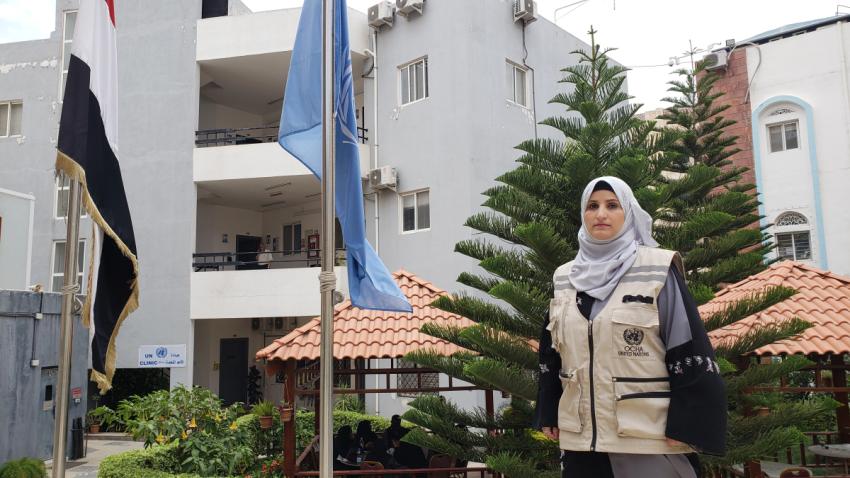The latest report from the United Nations Sustainable Development Group System-Wide Evaluation Office examines the progress towards a "new generation of United Nations country teams”, a central element of the repositioning of the UN development system (A/RES/72/279).
It assesses how the programming of UN entities aligns with Cooperation Frameworks and how effectively UN country teams have (re)configured to deliver shared results. The scope covers every United Nations Sustainable Development Group (UNSDG) member entity and the Resident Coordinator system, including the Development Coordination Office (DCO), at country, regional, and global levels from 2019 to 2025.
How was it done?
An independent team tested the theory behind this element of the UN development system repositioning with:
-
Interviews and focus groups with more than 500 UN staff and external stakeholders
-
Analytical deep dives across 21 UN country teams
-
Extensive review of existing documentation and surveys
What’s the takeaway?
The evaluation confirms that the vision for a new generation of UN country teams remains "highly relevant".
The 2018 development system repositioning has resulted in many important improvements, notably more coherent analysis and planning, widespread appreciation for the reinvigorated Resident Coordinator system, and increased participation of non-resident entities in UN country teams.
These provide an important and necessary foundation on which to build, and there are individual examples of behaviours and approaches that match the ambitions of the reforms.
However, overall, Cooperation Frameworks have not yet become the most important instrument for planning and implementation at the country level. Similarly, country teams have not yet significantly reconfigured in line with Cooperation Framework priorities.
What is limiting progress?
The gap between this vision and the reality reflects both the way reforms were rolled out and broader systemic issues, including inconsistent funding, fragmented governance, limited accountability and incentives for country team collaboration.
Recommendations for UNSDG, DCO, and Member States:
-
Recalibrate the Cooperation Framework cycle delivery
-
Revise approaches to UNCT configuration
-
Strengthen the delivery focus of development coordination
-
Integrate reforms into entity accountabilities and incentives
-
Address institutional obstacles
-
Accelerate Funding Compact commitments
-
Strengthen Member State engagement
Dive in!
-
Read the full report on the UNSDG System-Wide Evaluation Office website.
-
As evaluators, we value feedback. Please share your thoughts: un-systemwideevaluationoffice@un.org.



